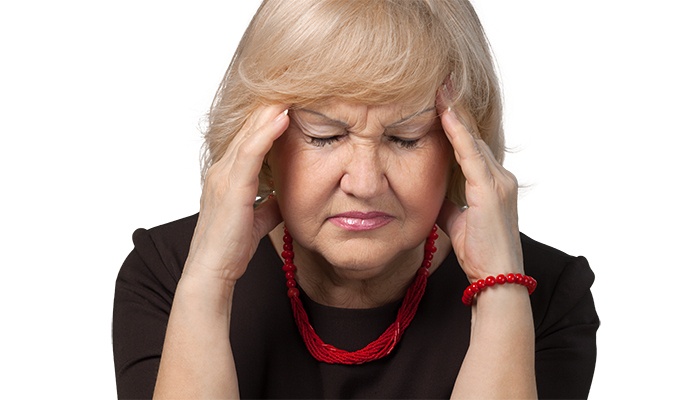Stress and anxiety are two of the most common emotional responses people experience in today’s fast-paced world. Though often used interchangeably, they are distinct experiences that affect individuals both mentally and physically. Understanding the difference between stress and anxiety, how they impact health, and the steps one can take to manage them is crucial for maintaining emotional and physical well-being.
What Is Stress?
Stress is the body’s natural response to a perceived threat or challenge. It can be triggered by everyday pressures such as work deadlines, family responsibilities, financial worries, or major life changes like moving or loss of a loved one. Stress activates the body’s fight-or-flight response, releasing hormones like cortisol and adrenaline. This response can help in short bursts—making us more alert and prepared—but prolonged stress can take a toll on both the mind and body.
Common symptoms of stress include irritability, fatigue, muscle tension, headaches, difficulty sleeping, and digestive issues. While stress in small doses can be motivating, chronic stress can weaken the immune system, increase the risk of heart disease, and contribute to mental health disorders.
What Is Anxiety?
Anxiety is a feeling of worry, fear, or unease that can be mild or severe. Unlike stress, which is a response to an external cause, anxiety is often internal and can occur even without a clear or immediate threat. Generalized Anxiety Disorder (GAD), panic disorder, social anxiety, and specific phobias are common forms of anxiety that may require clinical attention.
Symptoms of anxiety include excessive worrying, restlessness, rapid heartbeat, shortness of breath, dizziness, and an overwhelming sense of dread. When anxiety becomes persistent and interferes with daily life, it may evolve into an anxiety disorder that needs professional intervention.
The Relationship Between Stress and Anxiety
Stress and anxiety are closely linked. Stress can lead to anxiety, and chronic anxiety can make a person more susceptible to stress. For example, someone who is constantly stressed about their job may begin to develop anxiety about future performance or fear losing their position. Over time, this cycle can be hard to break without proper coping strategies.
Moreover, both stress and anxiety trigger similar physiological responses in the body. When experienced together, the effects can amplify—leading to burnout, depression, and other serious mental and physical health issues.
Coping Strategies and Treatment Options
Fortunately, both stress and anxiety can be managed with the right tools and lifestyle adjustments. Here are several evidence-based strategies that can help:
1. Mindfulness and Meditation
Practicing mindfulness helps bring awareness to the present moment, reducing the mental clutter that fuels stress and anxiety. Meditation, deep breathing, and guided imagery can calm the nervous system and reduce overthinking.
2. Exercise
Physical activity is one of the most effective ways to combat stress and anxiety. Exercise releases endorphins, the body’s natural mood lifters, and helps regulate cortisol levels. Even a short walk or a yoga session can have significant benefits.
3. Healthy Diet and Sleep
Eating nutritious meals and getting enough sleep are fundamental for emotional resilience. Poor diet and sleep deprivation can exacerbate symptoms of both stress and anxiety, making it harder to cope with everyday challenges.
4. Social Support
Talking to a friend, family member, or therapist can lighten emotional burdens. Supportive relationships act as buffers against stress and provide reassurance during anxious times.
5. Professional Help
For persistent anxiety or overwhelming stress, therapy can be highly effective. Cognitive Behavioral Therapy (CBT) is especially beneficial in helping individuals recognize and change negative thought patterns. In some cases, medications such as antidepressants or anti-anxiety drugs may be prescribed to help manage symptoms.
When to Seek Help
While occasional stress and anxiety are part of life, it’s important to seek help if:
The feelings are persistent and interfere with daily functioning.
Physical symptoms (like insomnia, headaches, or stomach problems) are frequent.
There is a sense of hopelessness or a loss of interest in activities once enjoyed.
Thoughts of self-harm or suicide are present.
Mental health is just as important as physical health. Seeking help is a sign of strength—not weakness—and early intervention often leads to better outcomes.
Conclusion
Stress and anxiety are inevitable parts of the human experience, but they don’t have to control your life. By recognizing the signs, understanding their sources, and applying effective coping strategies, individuals can regain a sense of balance and peace. Whether it’s through self-care practices, lifestyle changes, or professional support, managing stress and anxiety is entirely possible—and crucial for a healthy, fulfilling life.







